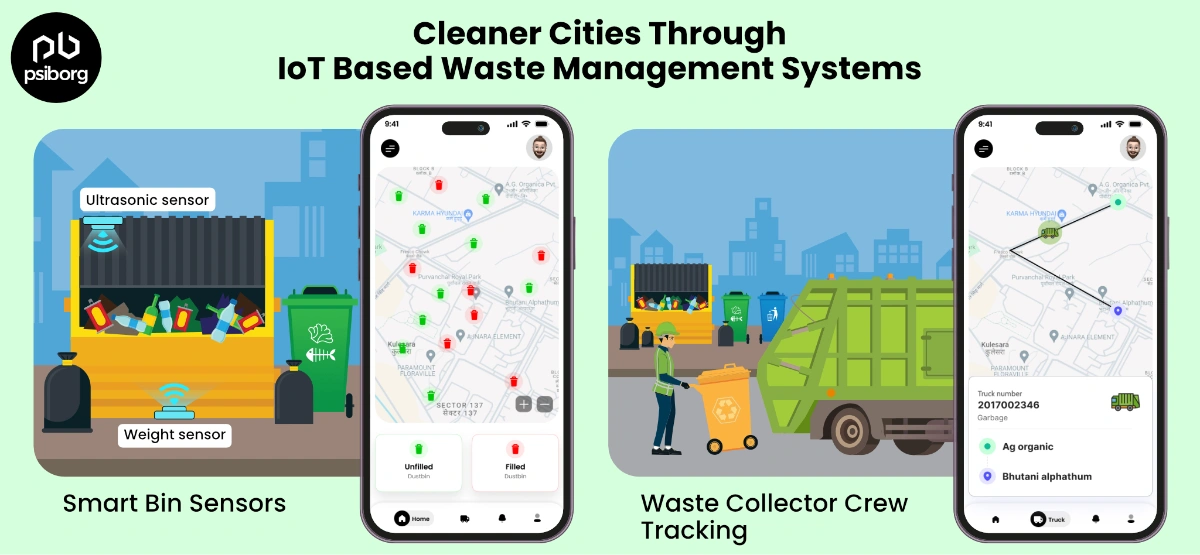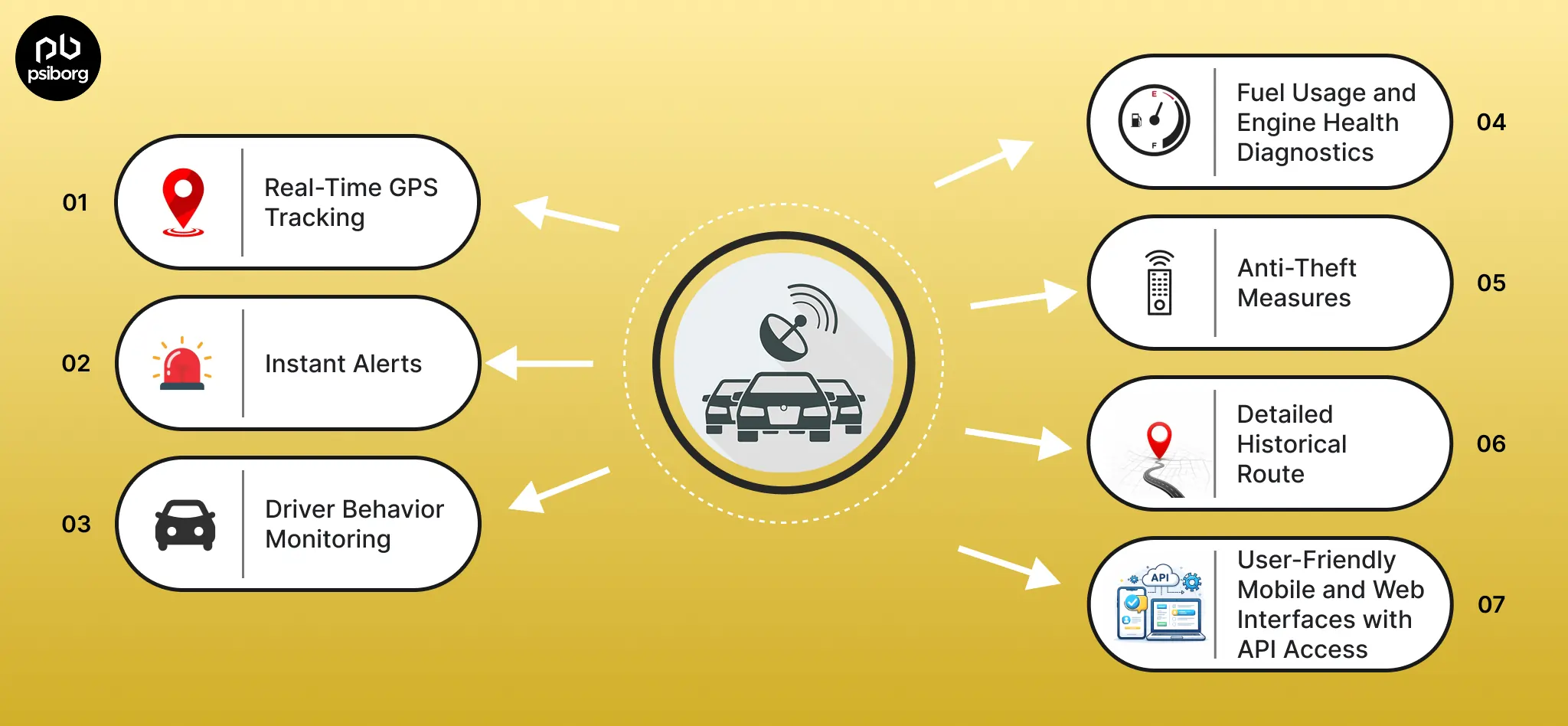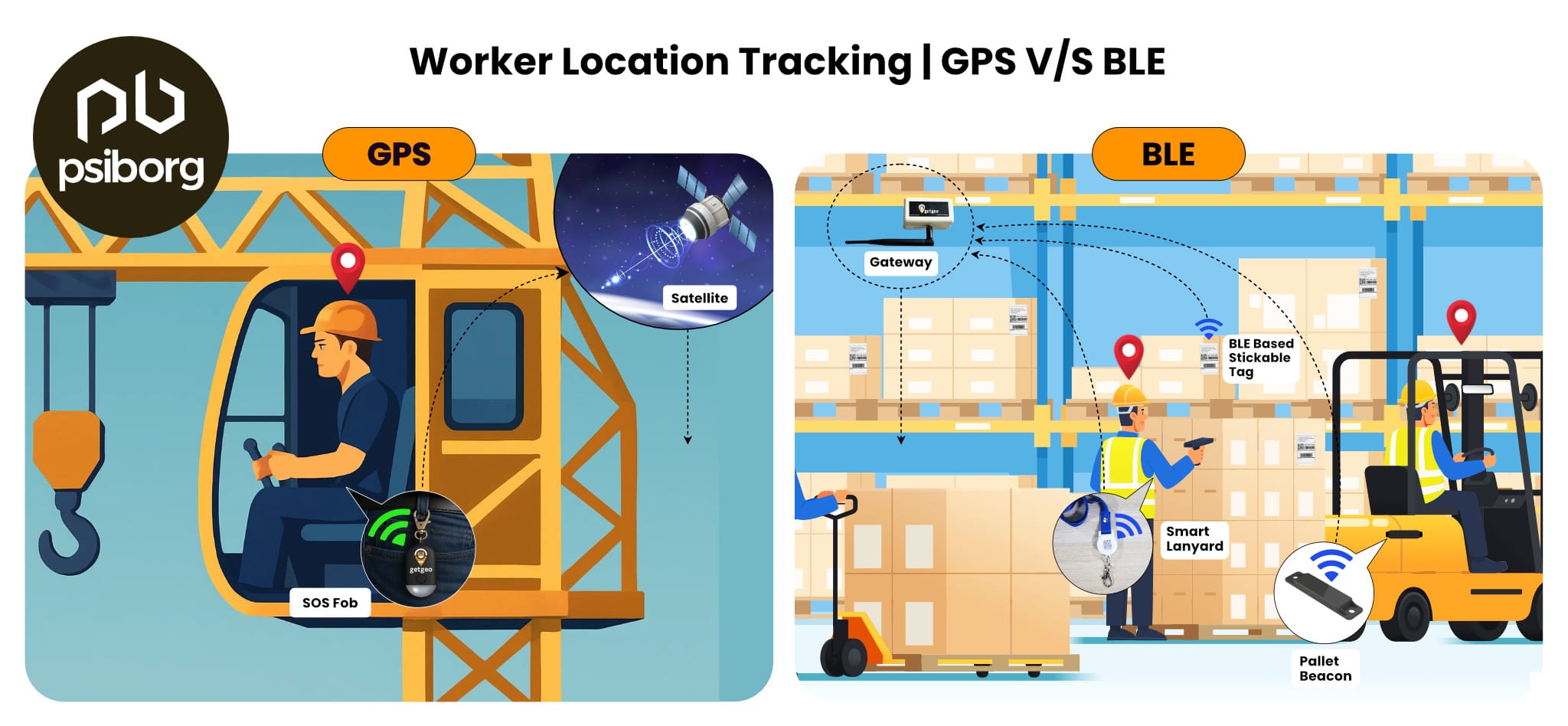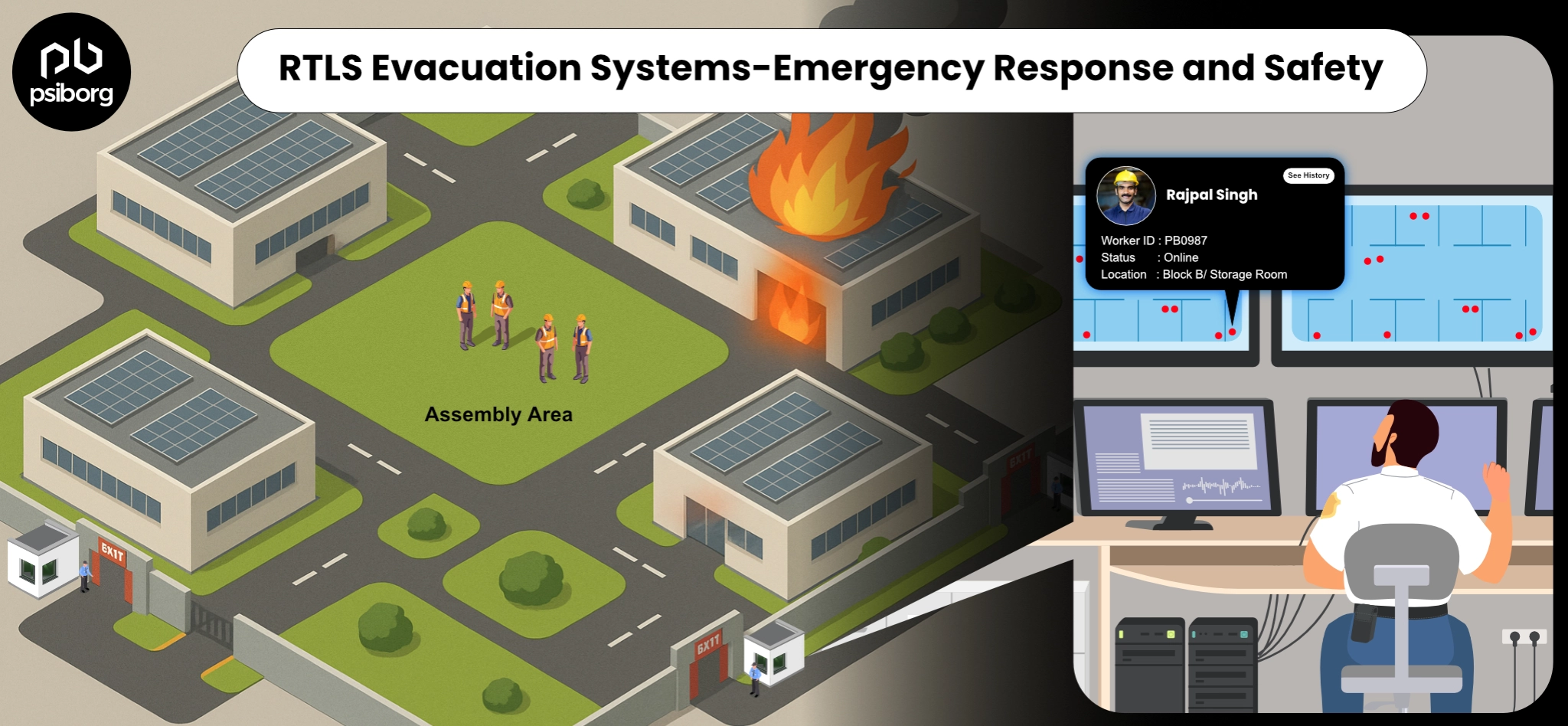Ever since the launch of the Swacch Bharat Mission, every city, state, and department has been searching for effective waste management solutions. Your search should end here because IoT based waste management system is the ultimate effective solution that fuels up the Swacch Bharat Mission.
If this made you intrigued to learn more about the solution then read till the end to understand everything in detail about IoT based waste management systems.
Traditional Waste Management Solutions Don’t Work
Waste management is a critical process that needs to be achieved properly for a sustainable, healthy town and communities in general. Still, it’s a very overlooked segment.
Also, the general public gives very little attention to waste management, and it is only the municipalities and cleaning agencies that face the trouble of proper waste management. From the municipal’s point of view, the current waste management methods lack in solving to solve problems on a big scale and are therefore inefficient.
Currently, the waste management process involves attending to all the waste bins one time a day whether they are full or not. There is no guarantee that the waste collection crew adheres to the schedules.
This traditional method of garbage collection wastes time and money, because of all the transportation and manpower costs, plus the resources a garbage collector spends in attending the bins which are not needed to be attended.
So, what’s the solution to it?
The solution is IoT technology, more specifically- a smart IoT based waste management system.
It is a fully viable solution that addresses all the above discussed issues, like monitoring the fill level of waste bins and providing optimized collection routes based on actual demands. The system also gives insights into the performance of the waste collection crews. As supervisors can track the location and movement of waste-collecting vehicles, to ensure the crew is adhering to the schedules.
It’s basically a proactive approach that not only improves cleanliness but also allows municipalities to manage their resources more efficiently and improve service delivery by providing transparency.
Smart Cities Need Smart Waste Management Solutions

Around half of the waste collection happens at the wrong time. And so still sticking to traditional methods won’t work. And by following traditional methods, it’s not possible to get the title of “cleanest city in India.”
As we said, IoT is the basis of smart city projects. And if we are on the path of creating smart cities, it means the waste sector also needs smarter solutions.
Integrating IoT in waste management practices will lead to more data-driven waste collection practices.
Although there are countless IoT solutions for waste management, however, some of the smart waste management solutions are:
Smart Garbage Bins
Waste management always begins with the proper collection of waste. IoT based smart garbage bins can be properly distributed all across the city for smarter waste collection. These smart IoT bins use ultrasonic or PIR sensors to detect the fill level of the garbage bins. If the waste bin is filled, a notification is sent to the waste collectors to empty the bin. The smart garbage bins monitoring system also use GPS which helps the authorities find the exact location of the waste bins.
Waste Collection Fleet Management
Collecting waste all across the city can be a little tricky without any location knowledge or traceability. IoT based waste collection fleet management solutions assist in managing pick-up tracks for convenient routes and schedules. Therefore, knowing proper waste collection routes will result in a higher amount of bin collection, citywide cleanliness, and lesser fuel consumption.
Real-time Monitoring
IoT-integrated smart bins offer real-time monitoring of bins. This will also help in confirming that bins are in their exact placement if they are in order. The use of IoT technology will also help in notifying the waste management authority to determine, in case of incidents like falls or misplacements of waste bins.
PsiBorg Develops IoT based Waste Management System
PsiBorg develops IoT-based waste management systems that automate the waste collection process for authorities, making the entire process much more efficient.
The smart IoT based waste management system gives insights into garbage bin fill levels, collection routes, bin location, crew performance, and timely alerts.
Moreover, the smart waste management system includes five major elements:
- Smart bin sensors
- Waste management platform
- Smart Navigation
- Garbage bin tracking
- Waste collector crew tracking
Smart Bin Sensors
The smart bin sensors are the main elements of a waste management system. Smart sensors like ultrasonic sensors and weight sensors are attached to the garbage bin. The sensor-embedded device is connected through the internet and collects information like fill level, bin orientation, and temperature frequently and sends this information to the cloud.
The data is analyzed and translated into useful insights.
Waste Management Platform
The waste management platform is needed to translate the gathered data about the bins into actionable insights and thus help improve waste management services. The platform gives insights on metrics like the location of the bin that’s about to overflow, the driving distance that can be reduced, and much more.
Smart Navigation
Other than the data on the fill level of bins the system also provides smart routing. The authority and the waste collectors to navigate and get the best route to reach the waste bins that are to be emptied. This helps in dynamic routing and the long driving time for picking every single bin can be reduced based on the fill levels of the waste bins.
Garbage Bin Tracking
On the platform, one can get a digital overview of the containers and can maintain a proper inventory and schedule container maintenance for efficient smart waste management. Garbage bin tracking gives next-level transparency in waste planning processes. This happens due to tracking of location and movement of bins.
Waste Collector Crew Tracking
It is also easier to monitor waste collection activities with a smart waste management system. It allows the authority to see the progress of waste collection crews in real-time, ensuring that schedules are met and routes are optimised for optimal efficiency. Furthermore, accountability can also be assured by tracking the location and movement of the collection crew. In case of an emergency, this will make it possible to react quickly.
How does the System Work?
Now that you know all the components of an IoT based smart waste management system, let’s combine all that to understand the actual workflow and how the entire process moves from waste collection to disposal.
- The process starts with smart bin monitoring. Where IoT devices embedded with sensors are attached to the waste bins to monitor waste levels. The device measures weight, fill level, and type of waste.
- Data on the fill level is sent to a cloud platform. This platform analyzes the data to understand waste generation patterns.
- Based on bin fullness data, the system creates optimized collection routes for waste collection trucks, reducing unnecessary trips.
- Real-time monitoring prevents overflowing bins, leading to cleaner streets and neighborhoods.
- By analyzing collected data, waste reduction efforts can be targeted in areas with high waste generation.
Municipalities Can Greatly Benefit from Smart Waste Management Solutions
Here are some of the key advantages for municipal authorities who implement an IoT-based waste management system:
Cost savings: Reduced Fuel and Labour Costs
The system optimizes waste collection routes that result in reduced fuel consumption and wear-and-tear on vehicles. FYI, this approach has been successfully implemented in Noida, where the IoT-based system led to a 20% reduction in fuel costs for waste collection
In addition, less frequent collections translate to lower labor costs.
Environmental benefits: Reduced Emission and Improved Cleaning
Fewer collection trips mean reduced greenhouse gas emissions. Cities like Pune have witnessed a positive impact on their air quality after implementing smart waste management systems
Also, real-time monitoring helps prevent overflowing bins, leading to cleaner streets and potentially less litter.
Improved Work Efficiency: Data-Driven Waste Management
Data analysis helps predict waste generation patterns, allowing for better resource allocation. Faster response times to overflowing bins minimize disruptions and complaints.
Citizen Engagement: Inviting the Community in Waste Management
The system can also be customized to provide mobile apps for citizens where the users can report bin status or request pickups, fostering better citizen participation.
Some More Real-Life Examples:
- Varanasi: This holy city has successfully implemented an IoT waste management system, resulting in more efficient collection, cleaner streets, and improved public satisfaction.
- Indore: Indore, a frontrunner in Swachh Bharat Abhiyan, has leveraged IoT technology to significantly improve waste collection efficiency and achieve remarkable progress in cleanliness.
Summing Up,
In India, municipal authorities can transform their waste collection processes by implementing IoT-based waste management systems, which will result in significant savings, environmental benefits, and improved citizen engagement. These smart solutions offer a valuable tool to build cleaner, more sustainable cities for the future.
IoT plays a bigger role in smart city solutions because it allows real-time monitoring, tracking, and management of general city processes.
An IoT-based smart waste management system is also part of this smart city project.
PsiBorg Technologies develops various smart city solutions, waste management solutions being one of them.
If you are ready to transform your city with smart IoT technology, then PsiBorg Technologies is the best choice for you.
We are experienced in developing smart waste bin monitoring solutions and smart city solutions.
At PsiBorg, we are committed to helping cities and organizations implement smart IoT solutions that align with sustainability goals.
Contact us today to learn how we can help your organization through our IoT services.
FAQs
A smart waste management system is about using IoT technology to optimize resource allocation, reduce running cost, and increase the sustainability of the waste services. So, basically smart waste management is an approach where organizations utilise IoT to efficiently manage waste.
An IoT based waste management system delivers a range of benefits like:
- Reduced operational costs
- Data-driven decision making
- Reduced emission and improved cleaning
- Reduced fuel and labour costs





